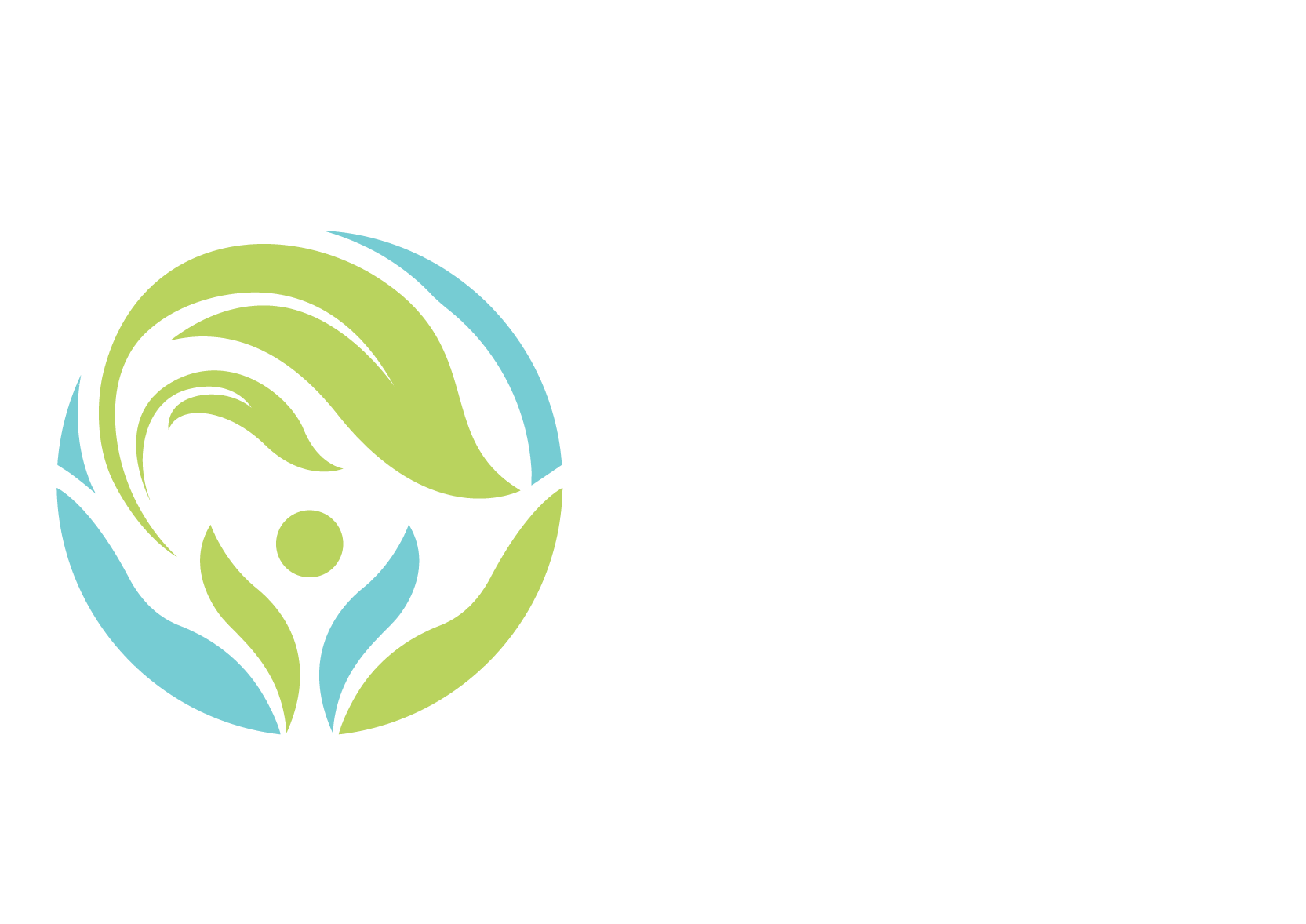Medical and Psychological
A Women Development Organization (WDO) with a focus on medical and psychological support plays a crucial role in addressing the holistic well-being of women. Here are key components and initiatives that such an organization might undertake:
Medical Clinics and Services:
- Establishing medical clinics that provide accessible and affordable healthcare services for women, including reproductive health services, maternal care, and general health check-ups.
Family Planning and Reproductive Health:
- Offering family planning services, including education about contraception, family planning counseling, and access to reproductive health resources.
Maternal and Child Health Programs:
- Implementing programs to support maternal and child health, including prenatal and postnatal care, immunizations, and nutritional support.
Screening and Prevention Programs:
- Conducting screenings for common women’s health issues, such as breast cancer, cervical cancer, and sexually transmitted infections, and providing preventive measures.
Sexual and Reproductive Health Education:
- Providing comprehensive education on sexual and reproductive health to empower women to make informed decisions about their health and well-being.
Psychological Counseling and Therapy:
- Offering psychological counseling and therapy services to address issues such as trauma, domestic violence, anxiety, and depression.
Support Groups:
- Facilitating support groups for women to connect with others who may have similar experiences, providing a safe space for sharing and healing.
Trauma-Informed Care:
- Implementing trauma-informed care approaches in medical and psychological services to ensure sensitive and supportive care for women who have experienced trauma.
Violence Intervention and Prevention:
- Developing programs to intervene in cases of domestic violence and abuse, providing safety planning, counseling, and legal support.
Post-Abortion Care:
- Offering post-abortion care services, including counseling and medical support, for women who have undergone unsafe or legal abortions.
Community Health Education:
- Conducting community health education programs to raise awareness about women’s health issues and promote preventive measures.
Mobile Health Units:
- Deploying mobile health units to reach women in remote or underserved areas, providing medical services, counseling, and health education.
Telehealth Services:
- Implementing telehealth services to enhance accessibility, allowing women to access medical and psychological support remotely.
Crisis Intervention:
- Establishing crisis intervention services for immediate support during emergencies, such as natural disasters or public health crises.
Capacity Building for Healthcare Professionals:
- Providing training and capacity building for healthcare professionals, ensuring they are equipped to address the unique medical and psychological needs of women.
Collaboration with Mental Health Professionals:
- Collaborating with mental health professionals, psychiatrists, and psychologists to ensure a comprehensive approach to mental health support.
Research and Advocacy:
- Conducting research on women’s health issues and advocating for policies that prioritize and improve the overall health and well-being of women.
By addressing both medical and psychological aspects, a Women Development Organization contributes to creating a supportive and empowering environment for women to lead healthy and fulfilling lives.
